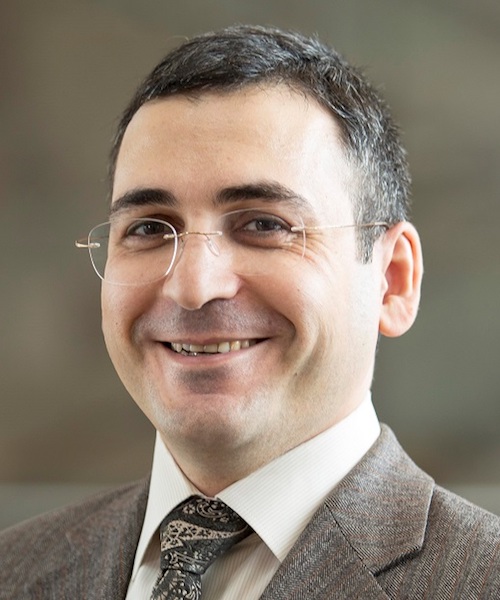Ivey Business School, Western University, Canada
The emergence of industry hybrid regulation
Abstract
Business sometimes takes voluntary collective actions to respond to collective responsibilities. Such a voluntary self-regulation can pre-empt government regulation. But, what happens when both government and self-regulation fail in responding to a collective responsibility that calls for proactivity? We conduct a longitudinal study on post-consumer product management in Ontario, where business resisted taking consistent voluntary actions to manage waste and regulators responded by imposing regulation for collective-level waste management programs. This inefficient regime was fraught with conflicts and proved ineffective, and ultimately transitioned into what we call “industry hybrid regulation.” In this hybrid form, both business and government co-regulate the actions and co-enforce the regulations. The result can spur proactivity—a hard-to-achieve element in conventional regulatory regimes. Albeit, marriage of government and self-regulation creates unprecedented dynamics. Grounded theorizing reveals four major tensions that characterize the hybrid model, which should be balanced aptly. We discuss the hybrid model as a viable alternative in transitioning to a circular economy.
Biography
Hadi Chapardar is a PhD Candidate in Business Administration, specialized in Strategy and Sustainability, at Ivey Business School, Western University. Motivated by his past business experience, Hadi’s research addresses the complexities and challenges in practicing sustainability at firm-level and the tensions of embedding social and environmental issues in business practices. To this end, hadi uses different theories and draw on real phenomena. Particularly, his dissertation research is about how collectives of firms can regulate themselves to foster change and pursue a circular economy.
Hadi Chapardar

